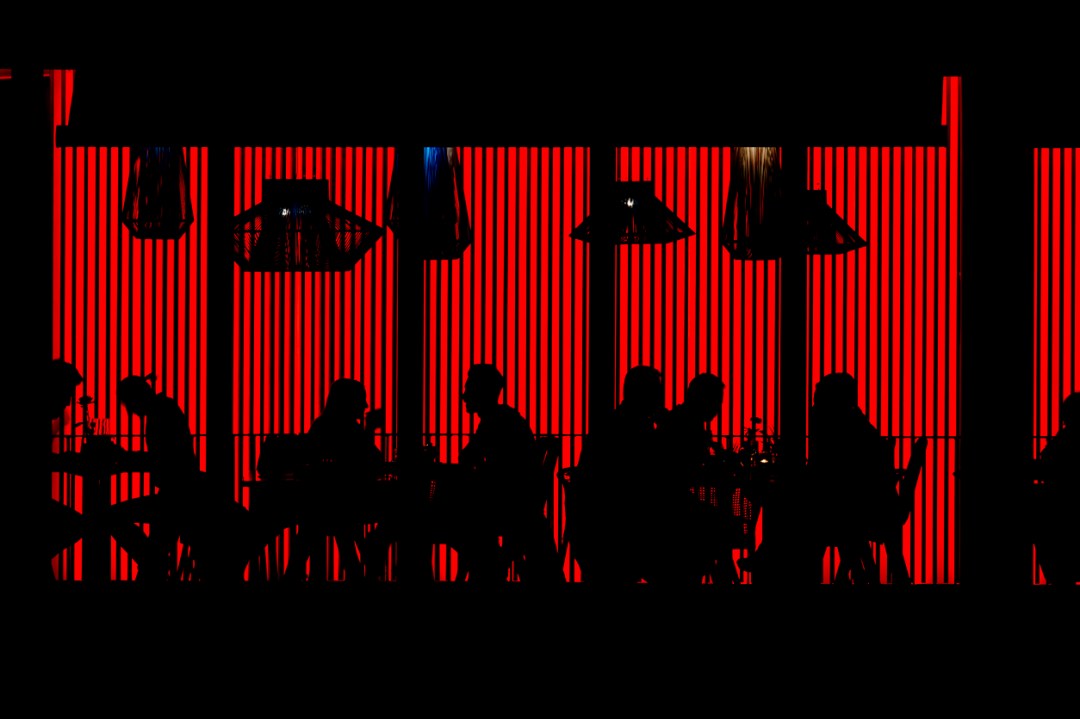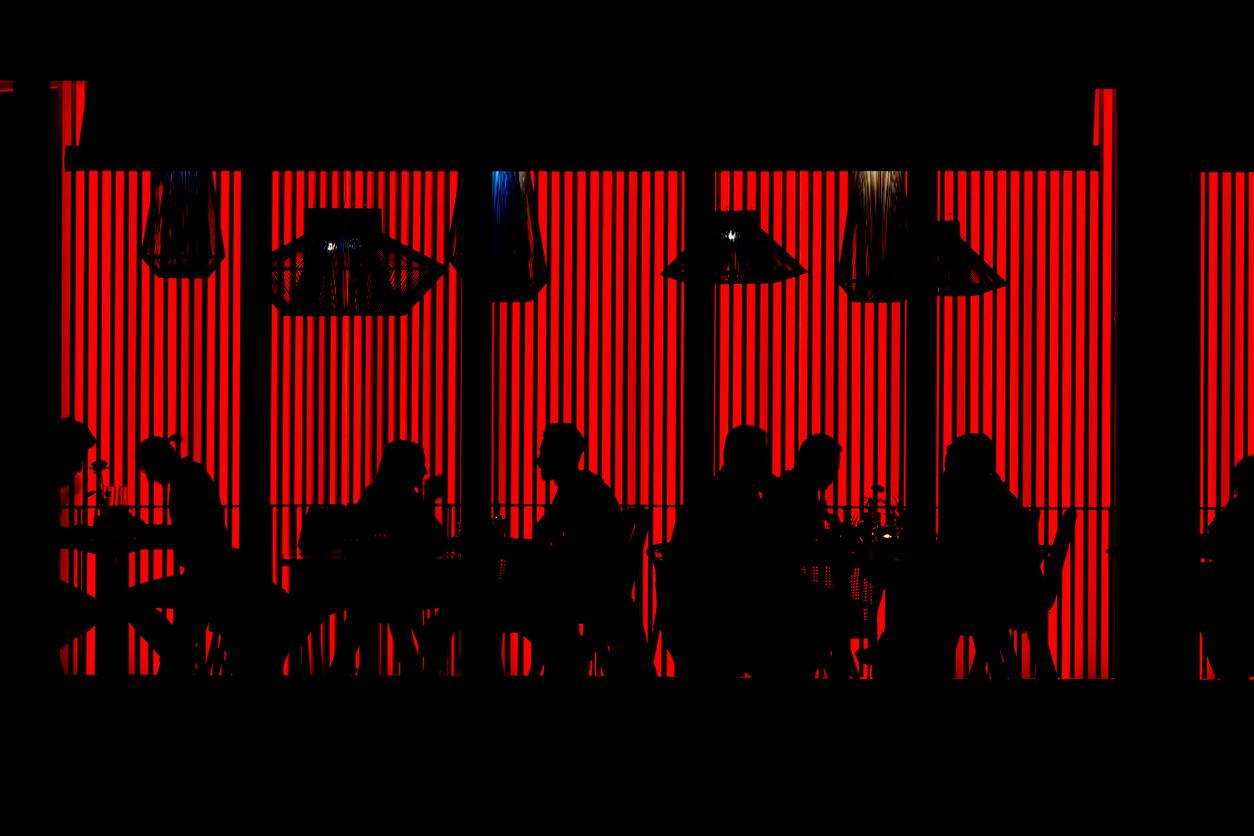One of the most memorable dinners I ever had was about 20 years ago, at a Michelin-starred restaurant in Fitzrovia called Pied à Terre. It’s still going, and indeed remains a stalwart of the city’s fine dining scene, but what I especially remember, rather than the food or wine, was how deliciously louche an experience it was. I couldn’t get a booking before 9 p.m., and by the hour that I turned up, it was packed to the rafters with well-heeled diners. My guest and I were kept happy with complimentary champagne until we finally sat down for dinner sometime after 10 p.m. In my (admittedly hazy) recollection, we didn’t finally leave the restaurant until well after 1 a.m. As we were staggering out, I asked our waitress whether she minded being kept out so late.
‘I’m from Barcelona,’ she replied. ‘This is what eating out ought to be like.’ I often think of her remarks, but I was reminded of it recently when I read an interview in the Times with arguably London’s greatest – and certainly most courteous – restaurateur, Jeremy King. When he began his career in the hospitality industry in the 1970s, last orders were at 1 a.m. Things have changed. As King lamented: ‘Now, it’s almost impossible to get anything [to eat] after 10 p.m. I don’t fully understand why it happened but I’m determined to redress the situation.’ To this end, diners at King’s establishments the Park and Arlington now receive a 25 per cent discount if they make a reservation after 9.45 p.m. Forget the miserable, hurried experience of bolting down an early evening prix fixe menu before going to the theatre or to a concert. Instead, have a pre-prandial glass of wine and nibble on something tapas-shaped, and save yourself (and your appetite) for a proper repast afterwards.
At least, that’s what the discerning man or woman about town ought to be doing. The late-night dinner is a distinctly endangered species, thanks to a combination of increasing puritanism, Westminster City Council (and others) refusing to grant anything but the most basic drinks licences, and society’s apparent need to be tucked up in bed by 11 p.m. And this, as any night owl or barfly will tell you, is a tragedy. Granted, there’ll always be somewhere to get a drink at pretty much any hour of the night, although you can’t guarantee that it’ll be up to much past 3 a.m. And there are a few all-night establishments of varying quality, too. Duck & Waffle in the City is the pick of the bunch, but Vingt-Quatre in Chelsea and the Polo Bar in Liverpool Street have their bleary-eyed admirers as well.
There is something thrilling about being ensconced somewhere that you shouldn’t be, perhaps in company that you shouldn’t be
But they are a distinct minority, and notable by their (often endangered) existence. New York is, famously, the city that never sleeps. Judging by the lack of late-night dining offerings, London is the city that goes to bed early. That said, I’m sympathetic to the wisdom of the old saying that nothing good has ever happened at four in the morning, and I don’t think there should be a surge in all-night establishments. All I want is a restaurant that doesn’t quietly start closing at half nine, one that revels the excitement brought about by an adventurous crowd, popping by for a late supper.
Because eating late it is more fun. There is something thrilling about being ensconced somewhere that you shouldn’t be, perhaps in company that you shouldn’t be, and seeing where the rest of the evening is going to take you. Yes, you may have a head on you the next day, and one’s digestive system is going to regret the intake of particularly spicy or heavy food at a late hour. But set against this, the feeling of delicious transgression makes the whole experience positively European.
Visit Barcelona, Paris or Rome, and you see the streets filled with young (and not so young) people having fun and enjoying the experience for the delightful, life-affirming thing that it is. If you do find yourself leaving a restaurant well after the last Tube, and the only way home is via the night bus or, heaven forfend, a rickshaw driver, then perhaps it’s time to remember the immortal words of Lord Byron: ‘Let us have wine and woman, mirth and laughter / Sermons and soda-water the day after.’








Comments